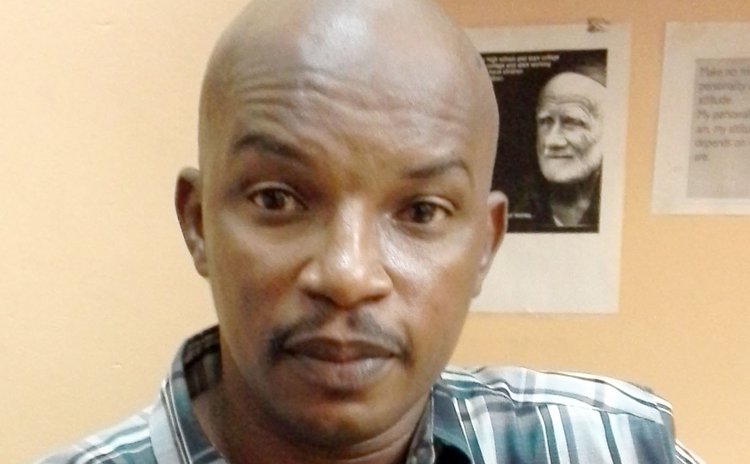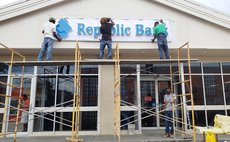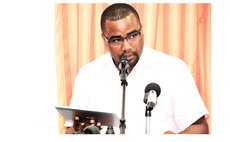Police discuss salary demands with Government

On March 6, 2017 the Police Welfare Association (PWA) was expected to meet with the Chief Personal Officer (CPO) to discuss police officers demand for a 15% increase in salary for the years 2015 to 2018.
After that meeting the PWA executive will meet its membership on March 10, 2017 to discuss police officers reaction to the decisions that the parties took at the March 6 meeting.
According to Chairman, Jefferson Drigo, to arrive at the figure of 15 percent, the PWA took many factors into consideration including the state of the economy, Government's fiscal performance, the real Consumer Price Index (CPI) and the relative income values in the State and in neighboring countries of the OECS.
"Invariably, once inflation is not at zero percent, money will lose its value and will adversely affect the purchasing power of members of the PWA," Drigo said. "The proposed increase is in keeping with the need to give greater purchasing power to the dollar of members of the PWA, as well as to ensure that members are paid a wage which does not result in making them worse off today than 10 years ago. With the increasing build up of a credit-culture, it is also necessary to make due provision for police officers to be able to make a saving for a rainy day".
A police officer, he explained, may be required to report for duty at anytime if the demands of the police service so require.
"This is a clear indication that police officers work long hours in excess of the legal 40 hours per week," he said.
He continued: "Overtime by police officers has historically been a problem. This has been necessary and unavoidable due to the nature of the police officer's assignments and workload. Because of the nature of police work, there is a need for police officers to be available for duty at all times, even when they are off duty. Police officers who work long hours can become fatigued, increasing the potential for using poor judgment during the performance of their duties.
"Police officers have as many as 70 days in arrears as a result of the number of times that off had to be cancelled to ensure that law and order was maintained for various reasons.
"The health of police officers is being affected as they spend longer hours at work and many suffer stress-related illnesses. The Police Welfare Association believes that its members must be adequately compensated for the demands placed upon them."
He also pointed to incidents where police officers in the line of duty were injured.
Drigo believes that the "risk allowance" of $450 which is paid to members of the Drug Squad, Task Force, SSU, Special Branch, Marine and NJIC should be given to all departments.
"The PWA proposes of $450 should be paid to all police officers, irrelevant to the section or the department in which they work. All police officers are faced on a regular basis with the threat of violence perpetrated against them by criminal elements in the society. There has been a significant increase in crimes against the police, while responding to incidents and on their private engagements," he stated.
The PWA chairman says that today society has gotten less respectful towards police officers and less tolerant to the laws of the land which has put the lives of all police officers at greater risk.
"A police officer by law cannot neglect his duty and shy away from any incidents that need his intervention based on which department he works; therefore the risk is the same and all officers should be entitled to high risk allowance.
"The demands which this changing environment puts on the Dominica Police Force are substantial. The escalation of violence in schools, drug use and misuse, firearms and human trafficking, and number of serious crimes are some of the issues of growing public concern to which the police and other sectors of society must respond," he remarked.
"For their hard work to one of the most important callings in any democracy, they expect a decent payment package in return. The best asset any organization has is its employees and thus they need to be adequately compensated, adequately trained, adequately equipped and properly motivated," he said.
However, Drigo refused to speculate on actions the police may take if Government refuses to meet their demands.
"We will be reporting back to our membership on March 10 and they will decide," he said.




